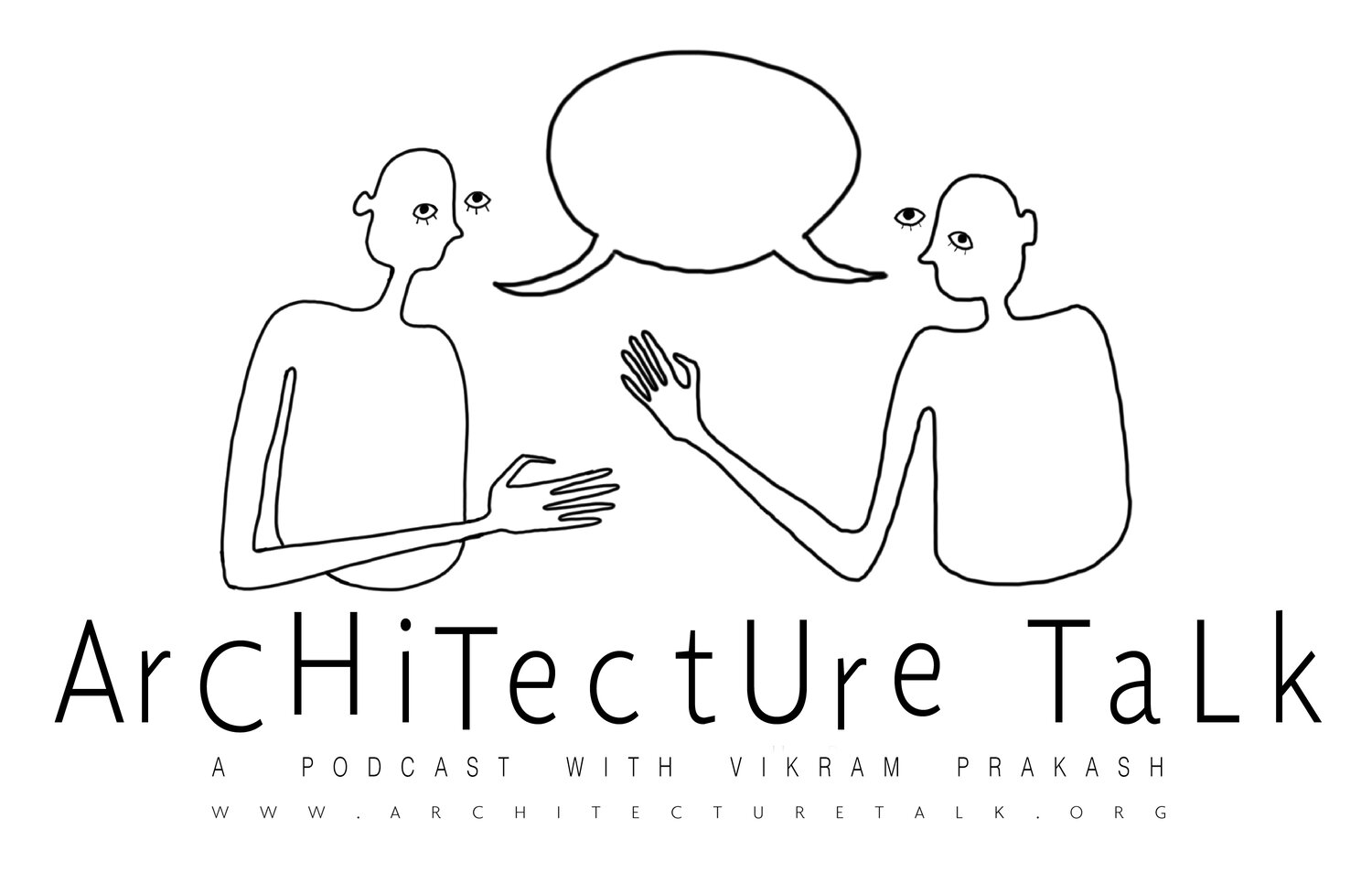153. Decolonizing Archives with Martien de Vletter
Original Drawing by Tori Haynes
Today we are joined by Martien de Vletter who is the associate director of the Canadian Centre for Architecture (CCA) and gathers archival material dedicated to rethinking, remembering, and preserving architectural thoughts and memories. Vletter also talks about decolonizing the archive and transforming it into something more diverse, inclusive, and multifaceted.
Timestamp Outline
2:00 CCA – Canadian Centre for Architecture
Aditya Prakash fonds
3:08 What are new directions in the CCA?
The Discovery of Absences – Martien de Vletter outlines a process of reparative description
Discussion about the absence of material and absence of description, the information that goes into a vault, identifying harmful language
10:18 To undo biased colonialist language, how do you come up with new language?
Access and discoverability is the most important thing… How can you describe an object, drawing, group of drawings and allow it to be discovered? – MDV
Discoverability on the internet versus a curator
15:56 Continuing the conversation about discoverability: how do you overall increase discoverability?
More and more precise; everything requires critique and revision
17:01 Search engines: “the issue of language is also the issue of algorithms” (MDV). How do you interact with search engines? What is your strategy for interacting with the algorithms? How does this all lead to AI?
Using standard language, thesauruses that grows, new indigenous thesauruses by indigenous librarians or activists to help diversify discoverability
21:07 Difficulties in the work: how far does one go with naming things? How many languages and descriptors can you include when it comes to naming things?
21:58 Technology and AI: technology will help us
I think in the language problem, AI can be extremely helpful – MDV
AI and the danger within the institution. Biased and short-coming
26:20 Being aware of language that is not sufficient, or that is harmful
Inviting others to talk about their own interpretations adding another layer that contributes to sharing expertise and knowledge, and who you invite to share, write, and talk through multiplicity of voices – MDV and VP
29:07 Strategy to ask different voices
Out of the Box – who you invite and what you do with an archive
Find and Tell – one person to select one archive to digitize, write about it, give an argument about it
33:07 With this direction in cataloging, who to invite, how to exhibit, etc., how are you writing this as a future manifesto for the CCA? What is the thinking of the CCA moving ahead with this? What are your thoughts?
Make sure things are in touch with each other – MDV
36:47 The connection might not always be geographical or a direct link, but it can be in subject and so forth – MDV
Fugitive Archives: A Sourcebook for Centring Africa in Histories of Architecture
38:43 Do you work to build up archives, or do you work with institutions that are archiving in non-metropolitan environments? Do you also build relationships with archives in other places?
M+
42:08 This equal basis is in the knowledge you share – MDV
Decolonization is easier to identify about the things we want to undo and much more difficult to describe in terms of what we want to do and the complexities that are there. This is more about having the conversation, maintaining criticality, always being open, and letting it happen organically – VP
44:59 What’s coming up for the CCA? What are you looking forward to?
Exhibitions






